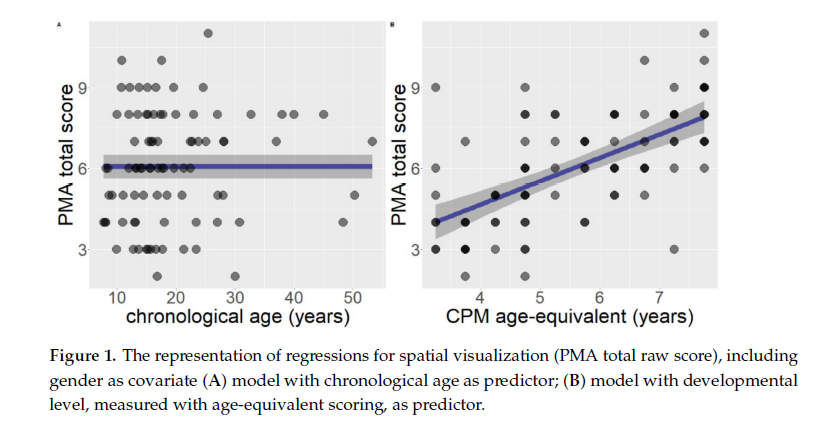Learning is a multi-faceted phenomenon comprising different dimensions, involving both cognitive abilities and noncognitive factors. Which are the cognitive and noncognitive correlates of successful learning? How are they related with each other? And what is their role in typical and atypical student populations?
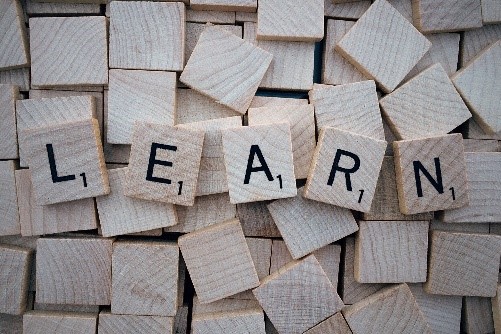
Learning-related aspects in typical populations
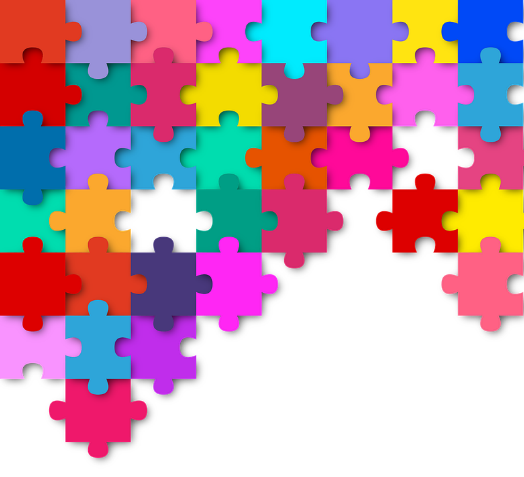
- personal features, such as soft skills and character strengths. motivation, strategies, and cognitive abilities are fundamental for learning, but do how other more general characteristics favor students’ learning and wellbeing? We are trying to answer such a question.
- Self-regulated learning, motivational beliefs (e.g., growth mindset, learning goals, or self-efficacy), and achievement emotions. When we are studying, we implement many resources (behaviors, emotions, thoughts).
Students’ success may strongly benefit from understanding which of these resources are more functional at school or university and how to better adopt them.
- Metacognitive aspects related to reading comprehension: our interest is to understand whether monitoring ability is influenced by text genre and type of questions (inferential vs text-based).
- Variables implied in refutation texts (texts which make explicit misconceptions): misconceptions affect the understanding of texts, activating them before/during reading can make aware the readers of their not appropriate beliefs and facilitate the construction of a coherent representation. Our interest is to understand the cognitive and metacognitive variables associated to the advantage of refutation texts.
Learning disabilities and other neurodevelopmental disorders
Learning disabilities refer to a heterogeneous group of disorders which consist in significant difficulties in one or more areas of learning such as reading, understanding, writing, and calculating. They are part of the so-called neurodevelopmental disorders, because they typically manifest early in development, often before the child enters grade school, and are characterized by developmental deficits that produce impairments of personal, social, academic, or occupational functioning (DSM 5, pag. 31). Our interest is to understand the cognitive, metacognitive and motivational processes associated to these disorders. In particular, for what concerns learning disorders we are interested in:
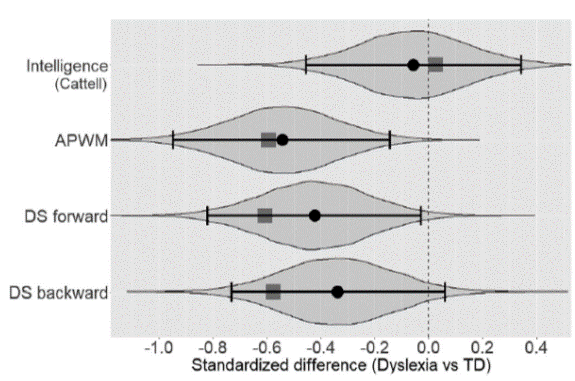
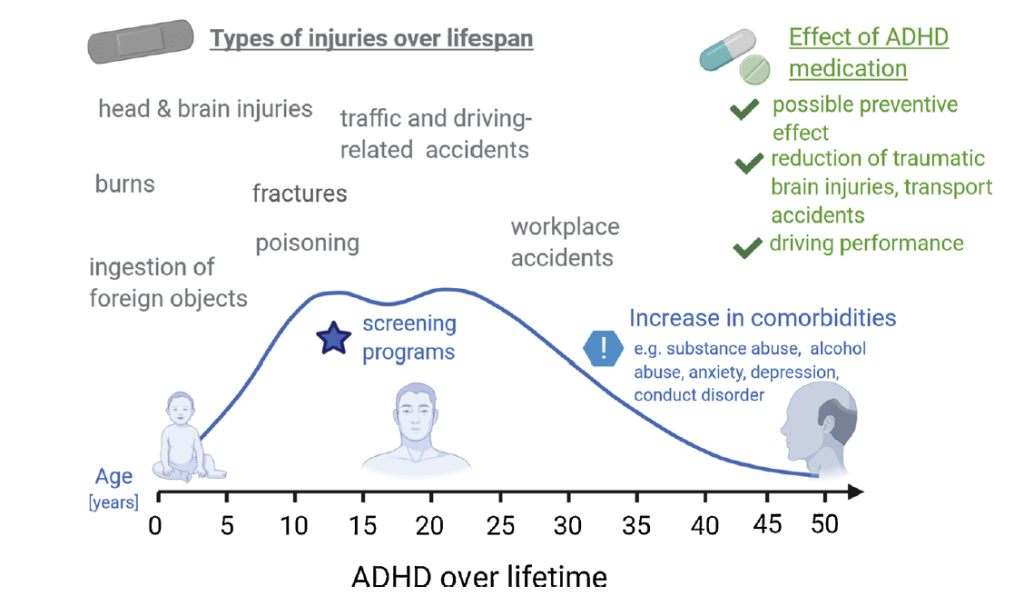
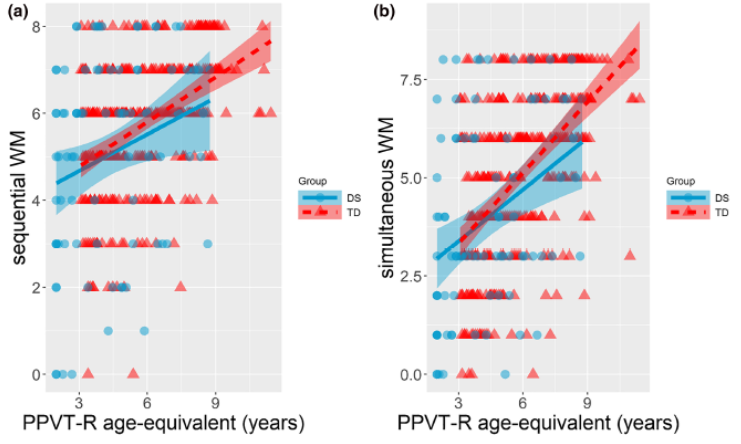
- analyzing the dimensional vs categorical nature of learning disabilities. Our objective is to understand whether the pattern of associations of general and specific cognitive processes and reading remains the same or differs in students with typical vs atypical development
- understanding the influence of intrinsic variables (daytime preference – chronotype) on learning performance in students with typical and atypical development. The aim is to determine whether daytime preference could be an additional factor that impairs the performance of children with learning disabilities
- individuating the precursors of reading, writing and math abilities: many variables are involved in reading, writing and math abilities. The challenge is to identify key factors for recognizing children at risk of developing reading difficulties
- studying the interaction between soft skills and learning disorders in University students. In particular, our aim is to highlight which general dispositional qualities can sustain students with and without learning disorders in their learning, favoring their achievement and satisfaction. A further aim is to understand the relationship of soft skills with motivational and strategic aspects in these populations.
- We are also interested in the attentional/deficit and hyperactivity disorder (ADHD), a neurodevelopmental disorder which is characterized by a persistent pattern of inattention and/or hyperactivity-impulsivity that interferes with functioning or development.
- The role of attentional, cognitive and spatial skills in injury proneness and risk tendency. We study these aspects across different ages, but currently we are focused on pre-adolescents and adolescents (ages: 12-16) with typical development and with attention/deficit and hyperactivity disorder.
Thanks to the project funded by Cariparo we will be able to study these aspects in relation to driving ability. Driving accidents are indeed one of the major causes of death or health issues in adolescents in general and in ADHD especially.
- An ulterior topic explored by our group is learning and skill acquisition in Down Syndrome, known as the most common genetic cause of intellectual disability (Kittler et al., 2008). Specifically, we study developmental trajectories and acquisition of spatial skills in people with typical development vs Down Syndrome across all ages. The skills explored in our researches are spatial working memory (the spatial-sequential vs spatial simultaneous components; see Carretti et al., 2022) and spatial visualization compared to mental rotation abilities (see Doerr et al., 2021).
